
Tongues will be wagging in Burnley this weekend when a research team from Lancaster University examine the difference between a Burnley and Blackburn accent – both very different according to the people who live there!
As part of the national Being Human Festival, the team from Lancaster University Linguistics Department’s phonetics laboratory are appealing for Burnley residents to visit them at their ‘Lancashire Tongues’ event in Burnley Market Hall on Saturday, November 11.
Three ultrasound machines and a team of staff and students are poised for action at the Burnley event – recording people who want to take part and providing a demonstration for people who want to watch and learn about this specialist area of research in linguistics.
Participants will be invited to read words on a computer screen – such as ‘farm’, ‘fair’ and ‘goat’ - out loud with a small probe under their chin and a lightweight plastic helmet on their head.
Simultaneously, the research team will make ultrasound recordings to explore how participants’ tongues move into different positions to generate different sounds.
The ultrasound enables the researchers to get a side profile image of the tongue inside the mouth while people are speaking. The team will explain what is happening at each stage and report on what they can see.
The results will be analysed in the phonetics laboratory at Lancaster University and published next year.
Participants will also be sent a video of their tongue movements as a thank you for taking part.
Last year the team undertook similar work in Blackburn as part of the Economic and Social Research Council’s Festival of Social Sciences.
The session also looked at whether older people sounded different – in terms of language spoken – from younger people.
“By investigating tongue shapes, using ultrasound imaging, we can look at different types of accents and differences in pronunciation,” says Professor Claire Nance, who is leading the team at the Burnley event.
“And we were told last year – in no uncertain terms – that people in Burnley and nearby Blackburn speak very differently,” added Professor Nance, also responsible for the first publicly available ultrasound recordings of the Scottish Gaelic language, which are used to help in language teaching.
“We are, therefore, excited to carry out this research to see exactly how this happens. We are looking for 30 to 40 volunteers aged 6+ to compare with our 35 participants from Blackburn last year.
“We would especially love to work with families and people from the South Asian community so that we can learn more about all the different accents in East Lancashire.
“The activity takes around 15 minutes in total and is suitable for adults and children. Everyone is welcome!”
The Burnley event fits into a programme of research into Lancashire accents including projects run by Professor Nance and Dr Danielle Turton about accent change across generations.
The Lancaster University research team were successfully selected and funded to take part in the Being Human Festival, an annual national event (running from November 9 to 18) led by the School of Advanced Study at the University of London supported by Research England, in partnership with the Arts and Humanities Research Council and the British Academy. The team also received funding from Lancaster’s Impact Acceleration Account programme.
Founded in 2014, the festival celebrates the breadth, diversity and vitality of the humanities, and demonstrates that research in the humanities is vital for the cultural, intellectual, political and social life of the UK and globally.
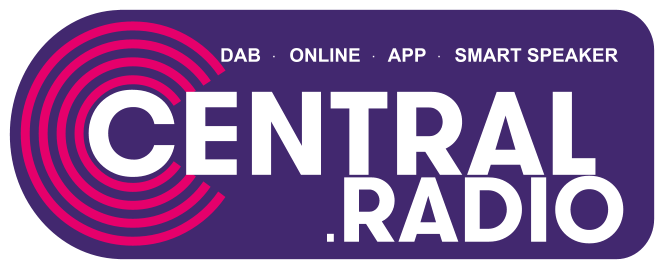
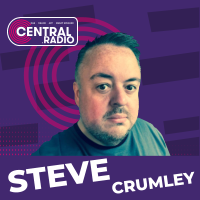

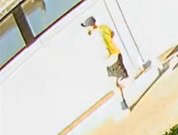 Pensioner suffers serious injuries after dog walker attack in Penwortham
Pensioner suffers serious injuries after dog walker attack in Penwortham
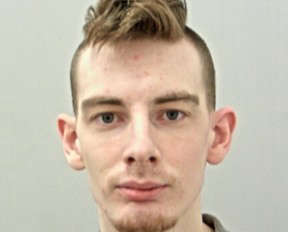 Man found guilty of sexual offences against children in Rawtenstall
Man found guilty of sexual offences against children in Rawtenstall
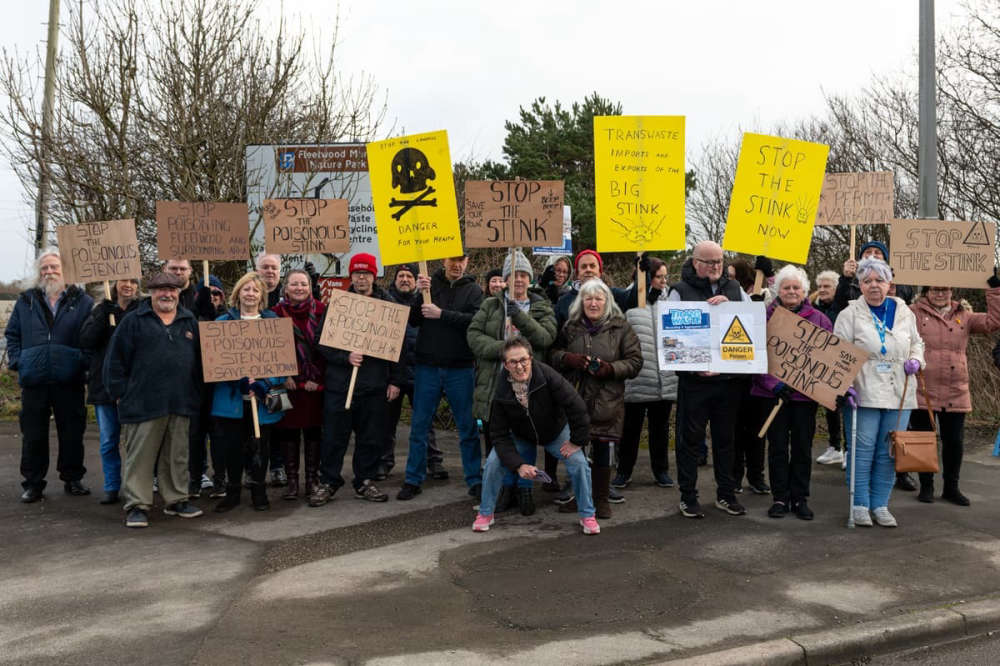 Campaigners against Fleetwood landfill site to take protest into Wyre Council chamber
Campaigners against Fleetwood landfill site to take protest into Wyre Council chamber
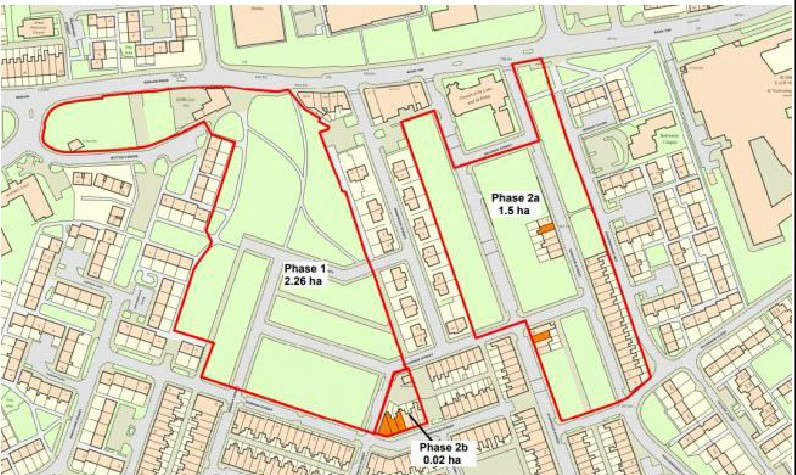 Covid delayed Blackburn housing development back on track
Covid delayed Blackburn housing development back on track




